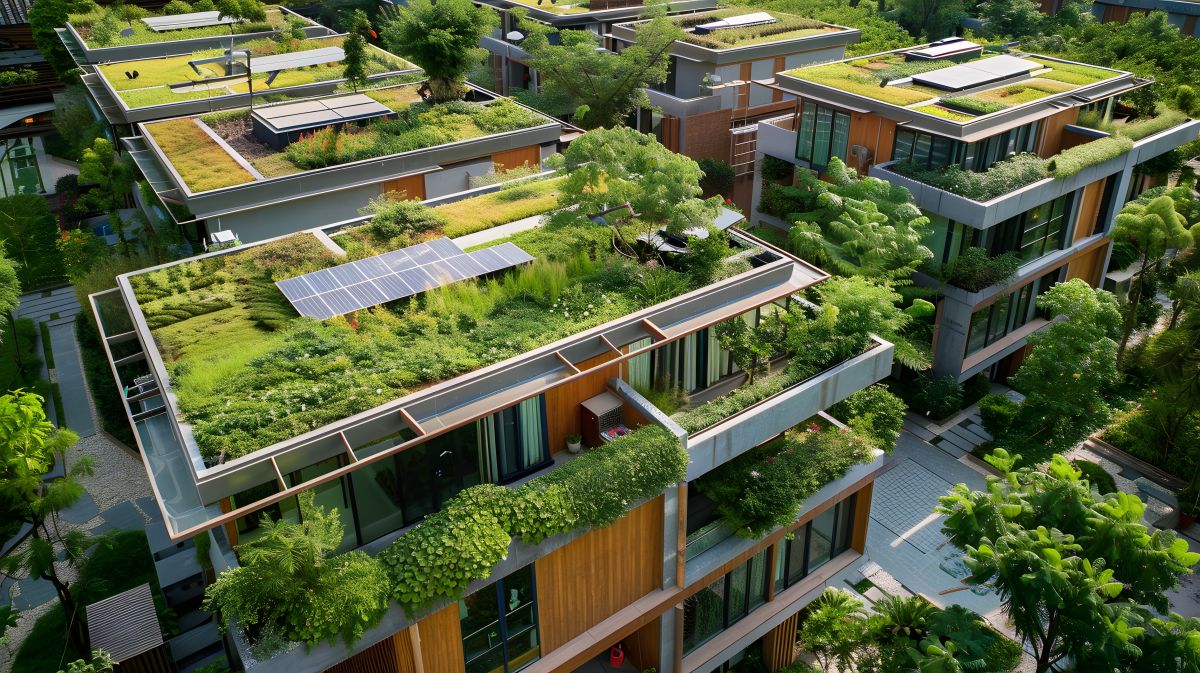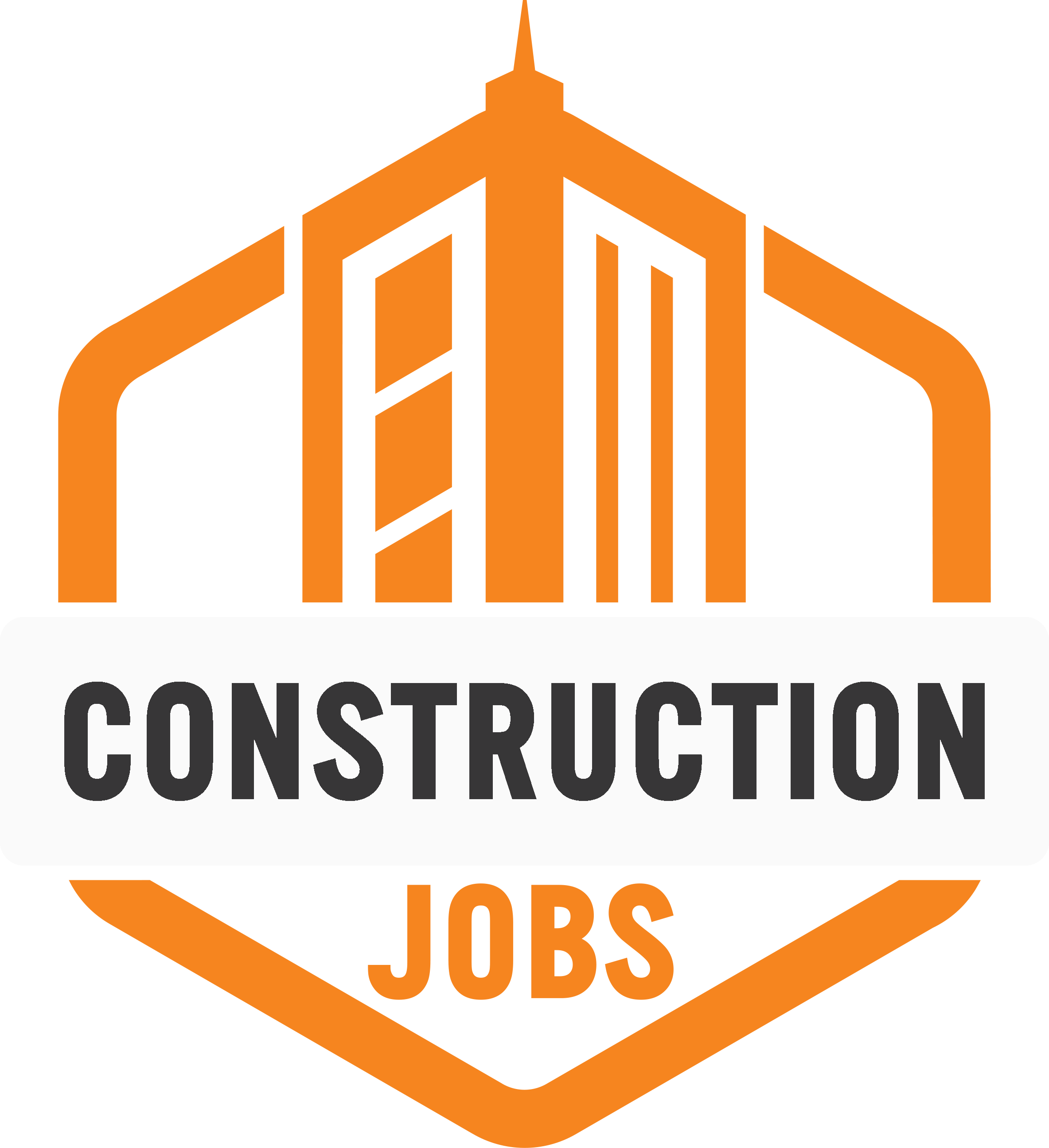How to Develop Expertise in Green Building Practices
Learn how developing your expertise in sustainability processes can benefit you, the environment, and everyone on this earth.

Everyone wants to restore the planet to its healthy state, back to a time when breathing fresh air, drinking clean water, and swimming on a plastic-free beach were possible. As a construction professional, your knowledge of green building practices is instrumental in making this dream come true.
How Green Building Expertise Is an Advantage
The future of construction is sustainable structures with solar roofs, living walls, biophilic interior designs, and systems that enable organizations to neutralize their carbon footprint. Sustainability is more than a trend now — it's a lifestyle pursued by many. Therefore, expanding your experience to include sustainable practices is useful in these three ways:
● Career advancement: You can get qualified for specialized roles in organizations focusing on environmental regulations.
● Enhanced environmental impact: You can support businesses that want to boost their positive ecological impact by incorporating sustainable design principles in their structures and operations.
● Increase your credibility: Being well-versed in ecological strategies empowers you to participate in discussions, offer insights, and influence the company's decision-making process.
Different Ways to Develop Green Building Skills
How can you expand your awareness of green building strategies? Here are some ways to do so.
1. Sign up for Virtual Courses
The easiest way is to enroll in online courses where you can complete modules at your own pace. Platforms like Coursera and Udemy have abundant resources for anything related to sustainability. Length varies from a few hours to several weeks. Some provide badges or certificates after completing the lessons. You can add them to your portfolio to showcase your expertise.
2. Attend Seminars and Events
If online learning isn't your cup of tea, you can opt for in-person meetings to speak with experts face-to-face and pick their brains. Since sustainability efforts are growing rapidly, many
experienced professionals want to share their knowledge and broaden the positive impact of the green movement. Do a quick search online for upcoming events in your local area, or check Facebook's “Events Near Me” section to discover engagement opportunities.
3. Get a LEED Certification
The LEED Green Associate exam costs $200 for USGBC members and $250 for nonmembers. While it's open to all individuals, you get better chances of a passing score if you have solid know-how about sustainable building concepts through online sources, volunteering, or work experience.
If you pass, you can get a certification and attach the LEED Green Associate logo to your portfolio. It will increase your credibility as a professional and open up more opportunities to advance your career.
Using your wisdom regarding green improvements can help you build structures that comply with LEED standards and reduce greenhouse gas (GHGs) due to water consumption by up to 50%, GHGs due to solid waste by up to 48%, and GHGs due to transportation by 5%.
4. Get Hands-On Experience
Take relevant roles to gain practical experience that will increase your understanding of real-world environmental challenges and how green solutions can solve them. Reinforce your theoretical knowledge by applying for entry-level jobs or volunteering.
Shadowing allows you to learn from experts, receive advice and insights, and gain valuable perspectives and opportunities in the sustainability sphere. The job may not pay much, but you can network with other partners, stakeholders, and volunteers to build relationships that may help you achieve your future goals.
5. Read Industry Publications
Staying informed by reading fresh information gives you a reliable baseline when offering environmentally friendly solutions to clients. For example, LEDs use 75% less energy than incandescent lighting and last up to 25 times longer, translating to huge utility savings and a reduced carbon footprint for the client.
Science Daily has a Sustainability News section where you can read about the latest breakthroughs in renewable energy, innovative materials, and the effectiveness of recent solutions in mitigating climate change.
6. Find a Mentor
Consider a sustainability mentor if you want to achieve your professional goals quickly. Working with an expert gives you access to someone with years of experience, which can increase your confidence in reaching your goals.
However, one hurdle is finding a suitable mentor who shares similar values, perspectives, and interests. To avoid future conflicts with this person, establish necessary criteria and identify your expectations and objectives for the program. Then, research experts who match your needs and preferences. Apply for a program if you think the person qualifies and can help you meet your professional and personal aims.
Overcoming Learning Challenges
You'll have to invest financially to boost your knowledge of green building practices. Professional training and mentorship may not be viable if you're a fresh graduate with no extra income to dedicate to them. An alternative is to watch free webinars or podcasts about the topic. Many of these speeches or interviews reveal strategies to solve environmental problems, hone your skills, build quality networks, and get work opportunities.
Refine Your Expertise in Green Building
Several merits await you when you expand your awareness of green building practices. You get better career opportunities, meet your goal of making positive change in the world, and help others do the same. Fine-tune your expertise in sustainability by exploring the six strategies above.
- Share This →

